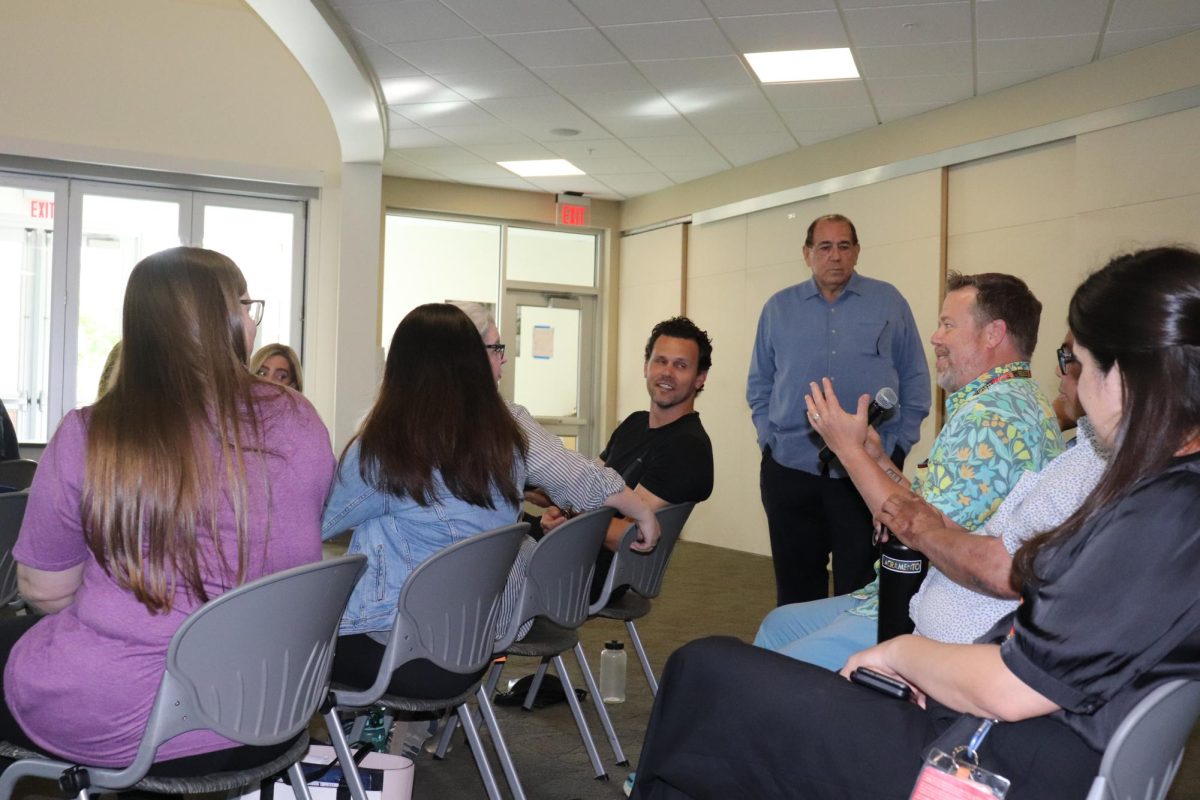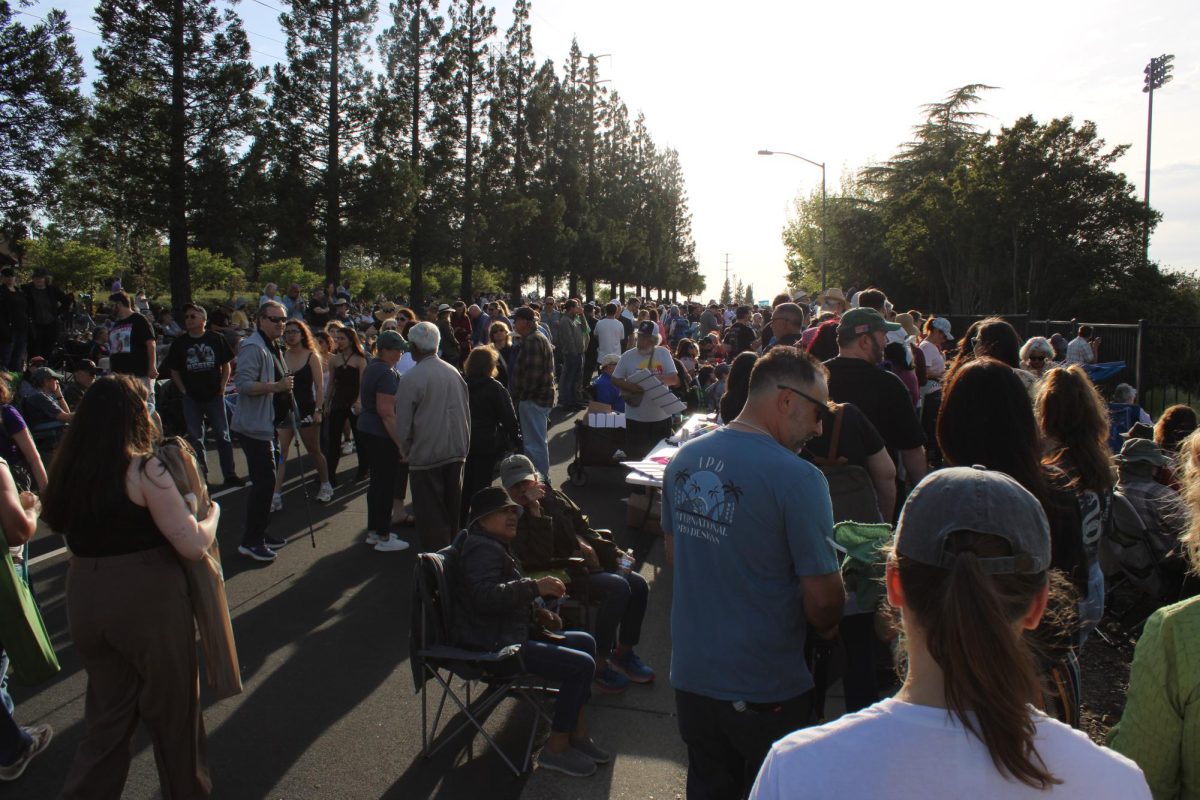Groundless conspiracy theories go too far
May 15, 2013
In years past and especially in recent times, the United States has faced tragedies of varying magnitude that have shocked and shaken its citizens to their cores.
What typically follows such tragedies is a slew of conspiracy theories.
The 2001 attack on the World Trade Center, the 2003 Space Shuttle Columbia disaster, 2012’s Sandy Hook Elementary shooting and the recent Boston Marathon bombing are all examples of terrible events that have spawned conspiracy theories.
Unfortunately, these are only a tiny fraction of terrible happenings in the U.S., and most tragedies can be linked to some sort of proposed conspiracy.
Many people see the U.S. government as one of the easiest parties to blame such disasters on. With seemingly endless power, the U.S. government is an easy scapegoat.
Often times, the phrase “inside job” will show up when discussing conspiracy theories.
With a past history of the U.S. government factually being involved in inside jobs in some situations, such as the Watergate scandal, it’s easy to see why tragedies are the first target of conspiracy theorists.
However, unlike such past events, the claims made by most conspiracy theorists are anything but factual.
Conspiracy theorists will often ignore any obvious proof of the persons responsible and will instead search for evidence that doesn’t really exist to implicate parties not truly responsible.
9/11 is a perfect example. Despite photographic, video and eyewitness proof that planes were responsible, there were many claims that missiles, fired of course by the government, were to blame.
A more recent example, the 2012 Sandy Hook Elementary shooting in Newtown, Conn. has seen responses claiming that it was staged and committed by the government in order to promote stronger gun control.
Larry Pierce, one of the people championing the Newtown conspiracy theories, stated that the attacks were “a false flag attack, someone who wants to bring in gun control.”
In other words, a party in favor of restricting gun ownership to reduce gun-related fatalities staged a scenario in which innocent adults and children were murdered.
Such claims are groundless and even more so senseless. No legitimate evidence is presented as proof and the claims are left to the crevices of the communities that ignorantly deny any evidence.
Furthermore, the harm that conspiracy theories pose doesn’t stop at baseless delusion.
People readily jump on the opportunity to come up with some conspiracy theory in every disaster situation. For those related to victims involved in such terrible disasters, a conspiracy theory is the last thing they want to hear.
Imagine being the parent of one of the children killed in the Sandy Hook Elementary shooting. Now imagine someone claiming the government killed your child in an effort to promote gun control while you’re still mourning.
For those who experience such terrible situations, the conspiracy theories are brought right to their homes.
The amount of disregard for the feelings of those mourning the loss of a loved one in the creation of these conspiratorial tall tales is unacceptable.
It is incredibly disrespectful to use someone’s pain, loss and tragedy in an attempt to manipulate the minds of those hurting and those uninvolved alike against a government that conspiracy theorists deem responsible.
Conspiracy theorists’ use of social media websites only exacerbates the problem.
Many are willing to believe everything they read on the internet, so even something so simple as a Facebook comment on a news article can warp the perspective of readers and blow an issue out of proportion.
Granted, citizens should not blindly believe that the US government is incapable of committing wrongful acts.
Each person must determine for themselves what is believable and what is not. Research is key in deciding where one stands on who is responsible for disasters such as the Boston Bombings.
What really drives conspiracy theorizing is left up to speculation. Some may actually believe in the conspiracy they create, others are just looking for a way to immortalize their thoughts by capitalizing on disaster and pain.
Either way, conspiracy theories need to be put to an end. They only serve as an insult to those involved in terrible situations of loss.
The energy placed into blindly searching for imaginary evidence could be put to much better use in finding true solutions to solving and preventing such disasters.





